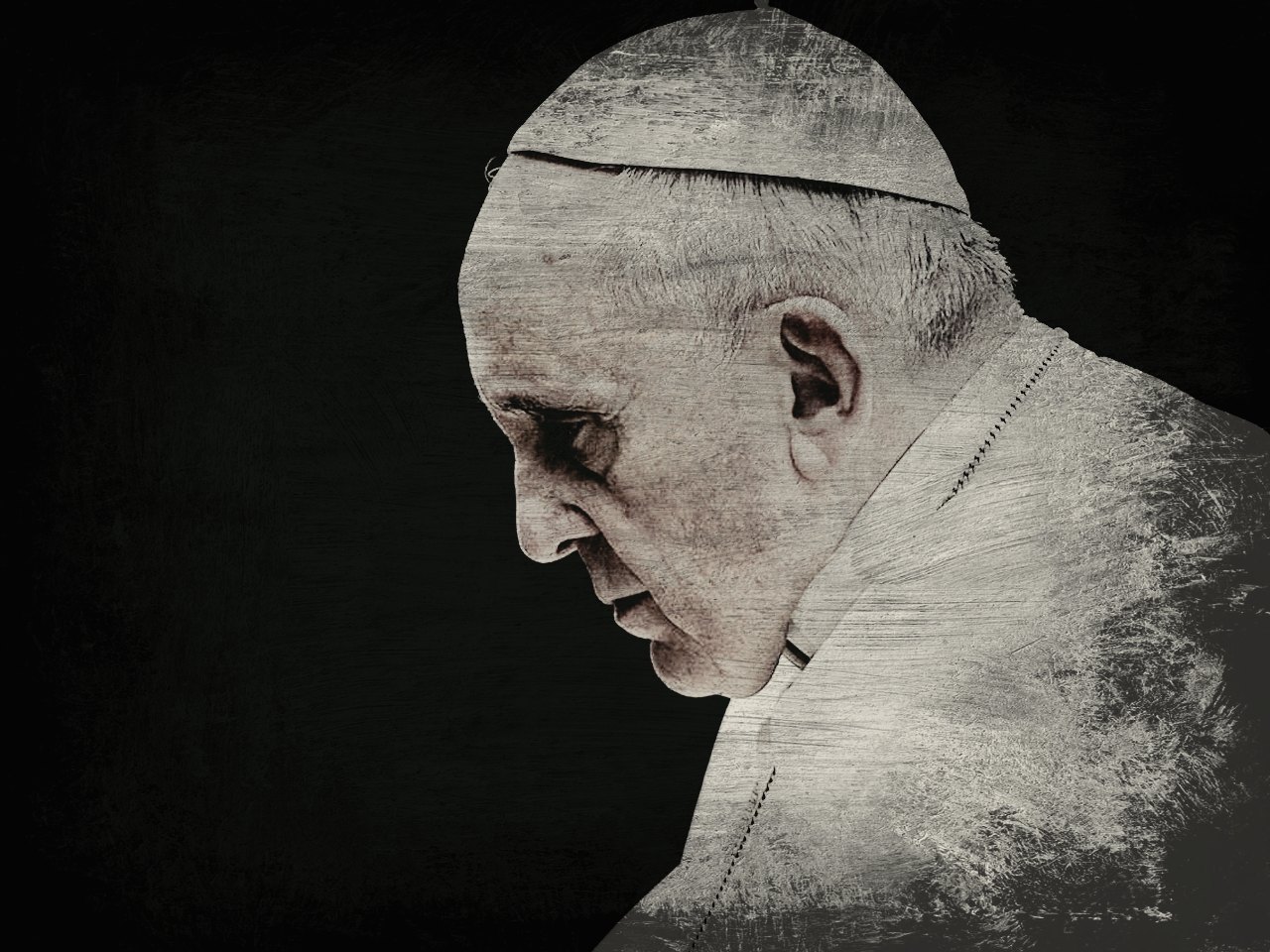The press conference of Pope Francis on the flight back from Panama has, as always, provided all sorts of interesting ideas. Always remembering that we are dealing not with magisterial statements, but with personal opinions that are thus able to be questioned, nevertheless, they hold great weight, if only because of the fact that these judgments given by the pope are destined to orient Catholic public opinion and to create perceptions about the Church among those who are not Catholic. His statements are also worthy of discussion because on the one hand, they furnish us with an indication of the method the pope uses in his reasoning, while on the other hand, they offer us an indication of the pastoral choices which he is making or intends to make.
The principal thing that jumps out from this interview is the pope’s contradictory way of expressing himself, the way in which he affirms something but also its opposite, so that every individual person can take away from his discourses whatever pleases him. A perfect example is the response he gave in this conference regarding priestly celibacy. In the first part of his remarks, he defended with sword drawn the “gift” of celibacy and its perennial validity, which he says he does not intend to put into discussion, not even in the distant future. But then look at how he makes an exception: “There would only remain some possibility of it in far-off places, I am thinking of islands in the Pacific Ocean, it is something to consider when there is a pastoral necessity.” Which is to say: If there is a shortage of priests and the Eucharist can only be rarely distributed, then it’s okay. And thus we understand why certain news agencies ran headlines about this press conference saying, “Pope Says Celibacy Cannot Be Changed” while others said “Pope Says He Is Open To Married Priests.” From his discourse, each one can take the part which is most convenient for him.
In reality, going more to the roots of his response, it’s clear that we are always in the midst of the method of “initiating processes,” which is so dear to him. It always begins with exceptions: the far-off places, priests who visit their communities only once a year (but this is not a new problem, yet previous popes never considered the possibility of married priests), then the exceptions rapidly become the rule. After all, the German bishops have already started down this road, and the theme of “viri probati” will hold the bench at the Synod on the Amazon this coming October.
The pope also threw into the discussion the theses of a certain Fr. Fritz Lobinger regarding a form of “reduced” priesthood for married men, giving the impression of having an extemporaneous idea, not really thought through, as if to say this is one among many hypotheses which can be considered. What a lie! In fact, this is a path that has been carefully planned for a long time: Cardinal Reinhard Marx, president of the German Bishops and one of the closest collaborators of the pope, said in November 2017, referring to the theme of married priests, that Pope Francis had recommended to the German bishops during their ad limina visits in 2015 that they should read the works of Fr. Lobinger. Thus, it appears clear where they want to go with this battle.
Another example of this style of wavering is the pope’s words regarding migrants. The theme of hospitality, of open borders, of welcoming all, has been hammered over and over throughout this pontificate, to the point that the most fanatical fans of Pope Francis have begun to call for excommunication for those who even try to suggest putting a curb on illegal immigration. But yesterday, and to tell the truth not for the first time, the pope made a much more moderate and articulate statement and concluded it by supporting the concept of “let’s help them at their own house” – words that would seem to be plausible in the mouth of [anti-immigration right-wing Italian deputy prime minister] Matteo Salvini. And once again, each person can take from the discourses of the pope whatever pleases him.
Even in this case, however, the real process the pope has initiated ought to be understood from the collective total of all of his discourses and from the mechanisms he has placed in motion: in the face of any rule that every so often tries to stand in the way of the principle of welcoming all, there is a massive dose of interventions and gestures that support the abolition of national borders. And there are even bishops – as we also saw – who have become true and proper fanatics.
At any rate, the way in which Francis proposes his thought inevitably creates confusion, frustration, and division, and this is seen from the way in which observers and so many of the faithful fight with each other as a result of statements of the pope that contradict each other.
This article originally appeared in Italian at La Nuova Bussola Quotidiana. It is translated here by Giuseppe Pellegrino with permission from the author.


